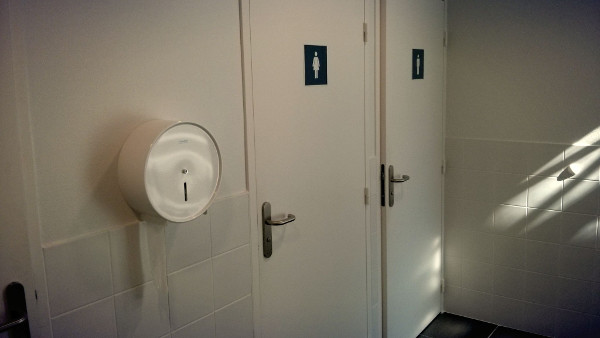I have something against the word 'however.' It's not used all that much in everyday language, only about 45 times for every million words (according to Subtlex). If that low frequency surprises you, you've been reading too much academic literature, in which 'however' is rampant. I don't have any reliable data on this, but based on a few randomly selected papers, I estimate that the frequency of 'however' in academic language is around 2000 per million. To put this into context: A frequency of 2000 per million would make 'however' one of the most commonly used words in academic English.

But 'however' is just the cumbersome cousin of the delicious, nimble, and flexible 'but' (frequency in everyday language: 4400 per million). Look:
1) It's an ugly sentence, but it has a nice 'but.'
Sounds good, right? If you like your prose staccato, you could even use a period instead of a comma:
2) It's an ugly sentence. But it has a nice 'but.'
The difference in meaning (if any) between 1 and 2 is subtle, but my reading is something like this: In 1, the nice 'but' makes the sentence less ugly; it almost says: The sentence would have been ugly, if it weren't for its nice 'but.' But in 2, the ugliness and nice 'but' of the sentence are two cold facts; an ugly sentence is an ugly sentence is an ugly sentence—nice 'but' or no.
You could even use neither a comma nor a period, in which …






